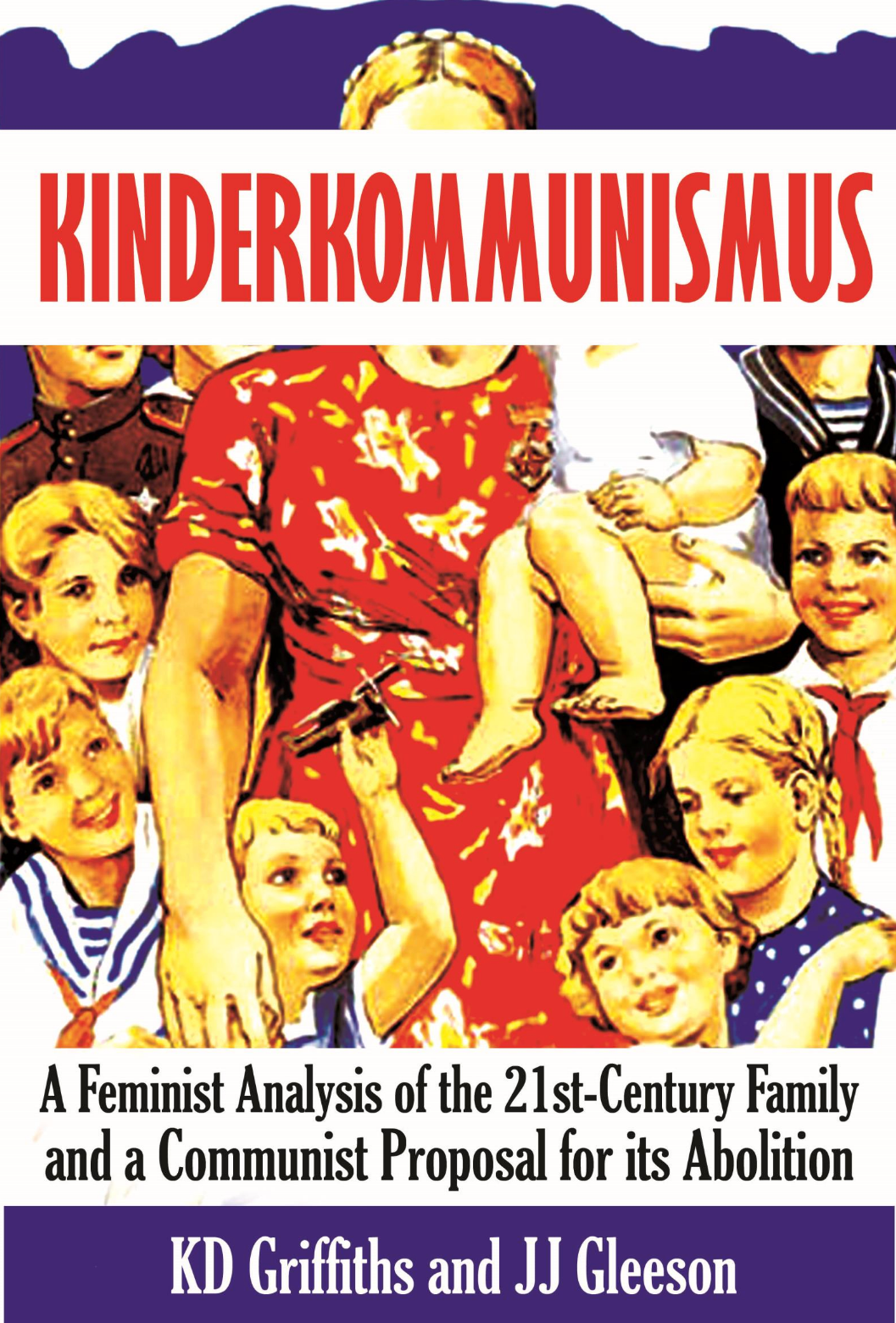On KINDERKOMMUNISMUS

Kinderkommunismus: A Feminist Analysis of the 21st Century Family and a Communist Proposal for its Abolition is a brave and articulate imagining of social reproduction without the gendered coercion inherent in the nuclear-family unit. Notably, this proposal is trans inclusive and takes an intersectional approach to feminism.
***Content note: child abuse mention
The first half of the essay is a radical queer analysis of the family unit as a social institution, and an explanation for the left’s apparent hesitance to theorize its alternatives. The second half is a possible replacement which would allow for the breakdown of class (privileges) within an opt-in nationalized “crèche” which would provide childrearing, housing, nutrition, education, and socialization for people until they reach adulthood, freeing biologically reproductive adults (especially mothers) from the burdens of childcare. Crucially, the utopic crèche is not mandatory (parents could choose to raise children within a family unit) and the authors offer ample recognition for its possible shortcomings.
Under capitalism we see the failings of the state to care for its citizens—especially in childcare—so wariness at the idea of state-led institutions for childrearing is understandable. But we must remember that, while there are those of us whom the institution of the family has not failed, there are plenty whom it has: children who grow up in homelessness, abusive environments, and children who are neglected or murdered. There is a lot to be gained in creating a universal system of education, equalizing access and promoting rather than obscuring difference:
Where the family reduces social ties to individual connections, narrows cultural exposure, and limits social contact along homosocial lines, communist education would unambiguously seek to develop the individual against history (rather than a circumscribed nationalist or communalist ideological assembly, intended to induce an ontologically differentiated subjecthood). Having been confronted with the scope of human variations (both through peer group, and pedagogy) during their education, developing workers would be better prepared to set their own terms of affinity, and preferred terms of reference.
I think this theory could benefit from adding an anarchist lens which explicitly recognizes that, beyond the universal and “bare minimum” standards of the crèche as a single institution, the crèches would differ according to regional needs and customs; in other words, they would be localized (or “glocalized” to use a 2009 buzzword). Participation from the community would be encouraged, and standardized only to meet the bare minimums and to eradicate abuse of power.
The authors embrace the logistically difficulties in implementing such an institution, and don’t spend much time trying to address them. The value in this essay isn’t as a blueprint for communist social institutions; it’s most valuable as a challenge to imagine alternatives to the capitalist model of families, and how we might eradicate the gendered division of labor. At the very least, it’s a call to antagonize the nuclear family in our personal lives.